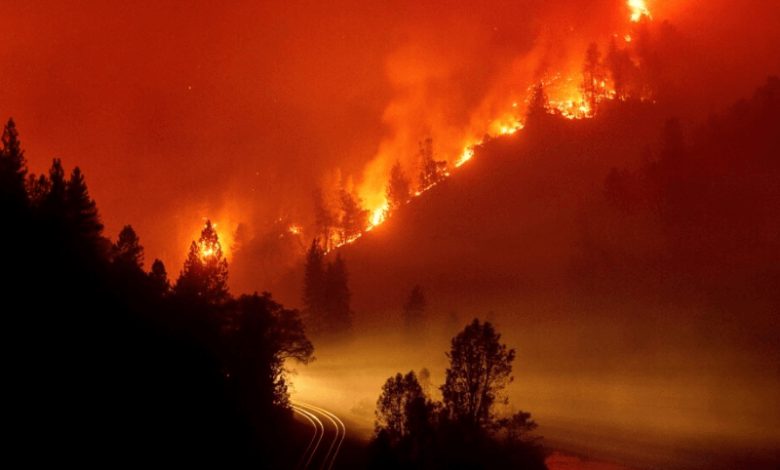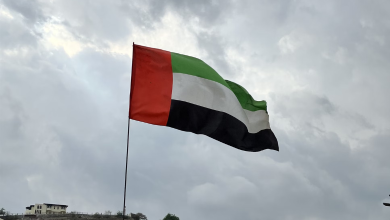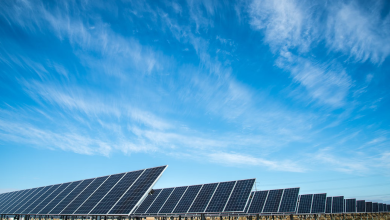Global Heating Linked to 12,000 Additional Deaths Annually from Wildfire Smoke, Study Reveals

A recent study appearing in Nature Climate Change has revealed that, globally, wildfire smoke pollution is lethal. Studies show that increased global heating is extending the Earth’s burned areas leading to approximately 12,000 extra deaths per year from smoke inhalation. The studies raise special concerns in countries such as Australia, South America, Europe, and Boreal Asia where the mortality associated with the smoke haze from wildfires is considerably high.
The Paradoxical Effects of Climate Change on Wildfires
Chae Yeon Park from the Japan Association for Environmental Management says that around 97,000 people die every year due to inhaling the PM2.5 particles from wildfire smoke. These ultrafine particles can reach the lungs and bloodstream, and pose serious threats to health. Although burned areas have risen by nearly 16% due to global heating between 2003 and 2019, total burned areas have decreased by 19% thanks to human activities such as deforestation.
Three models of global vegetation and fire by the researchers under current climate conditions were used and they were compared to scenarios that did not include modern climate change impacts. The findings were uniform that global warming was leading to the rise in deaths by fire particulate matter intake, and that temperature rise and lower humidity were instrumental in different parts of the world.
Implications on the Regions: Current and Anticipated
As Prof. Hilary Bambrick from the Australian National University explained, during the black summer fires in Australia in 2019-2020 years millions of people faced dangerous pollution levels. The fires caused hundreds of people’s deaths and may lead to further health problems in the future. Another related work done by the scientists of the UK and Belgium found that climate change especially increases wildfire risks in Australia, Siberia, and African savanna lands.
Seppe Lampe and Prof. Wim Thiery of Vrije Universiteit Brussel opined that though modification of human landscape has assisted in narrowing down the burned region it has however noted a further annual rise in climate change. This finding demonstrates why action on the climate front is imperative.



